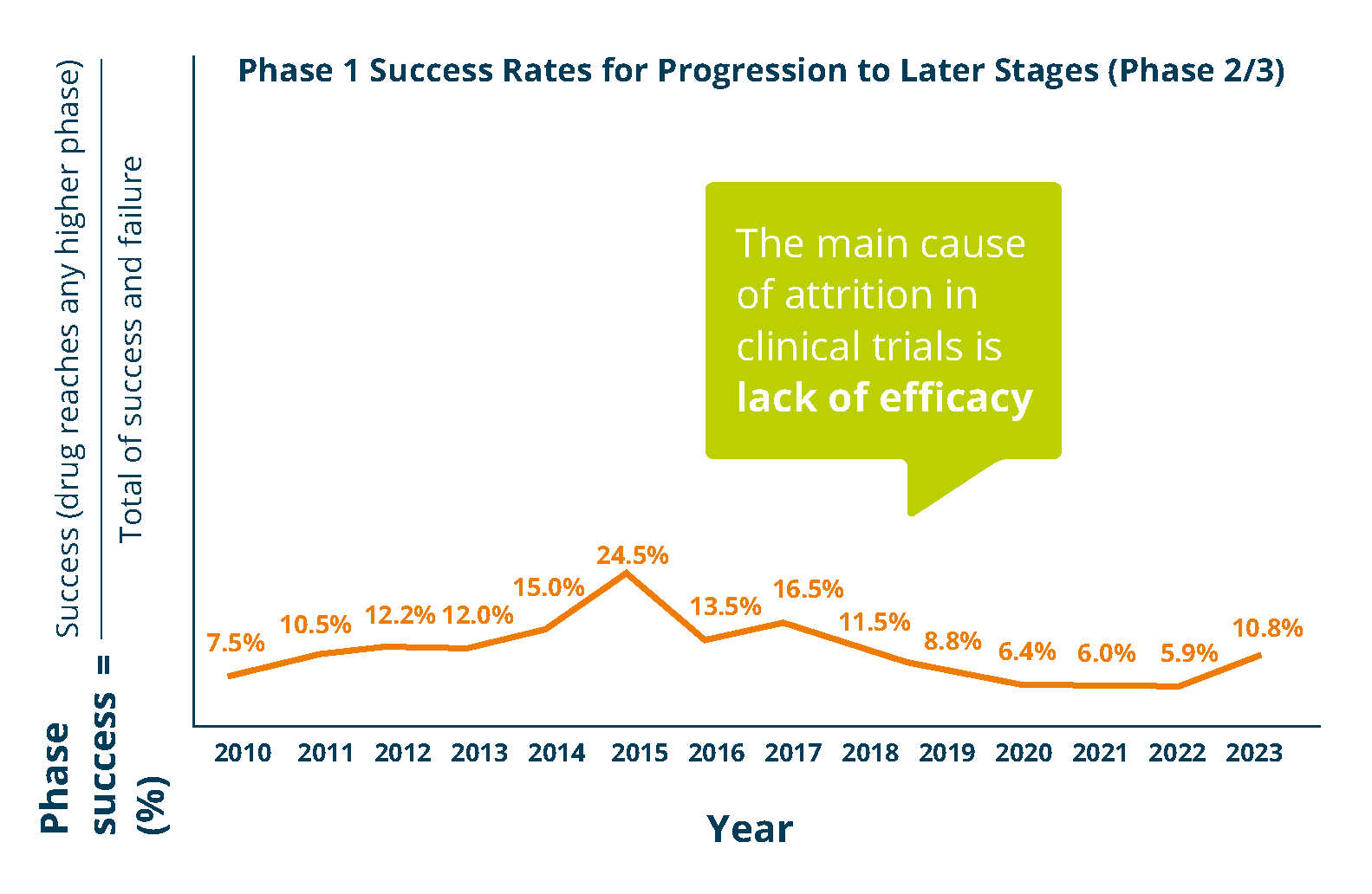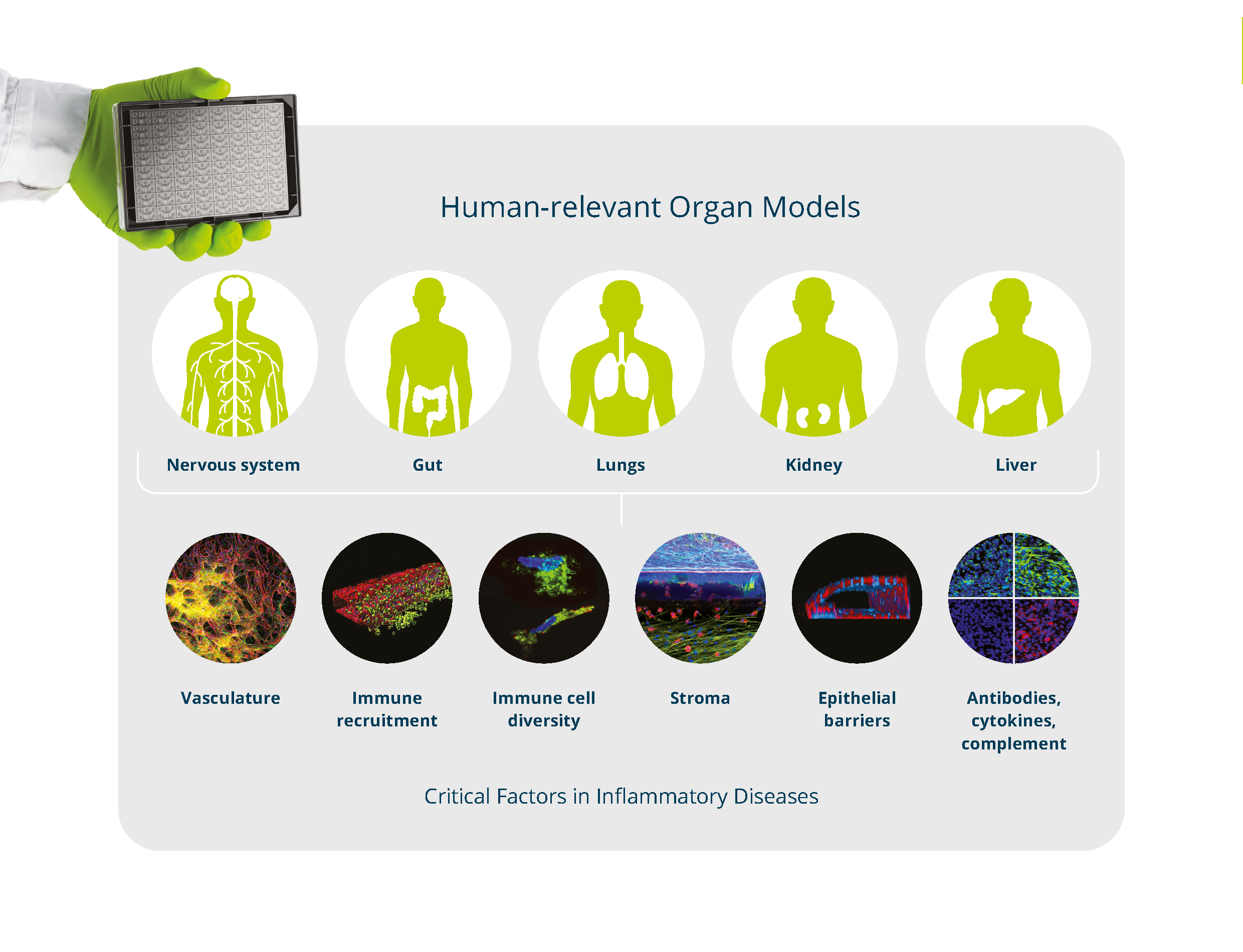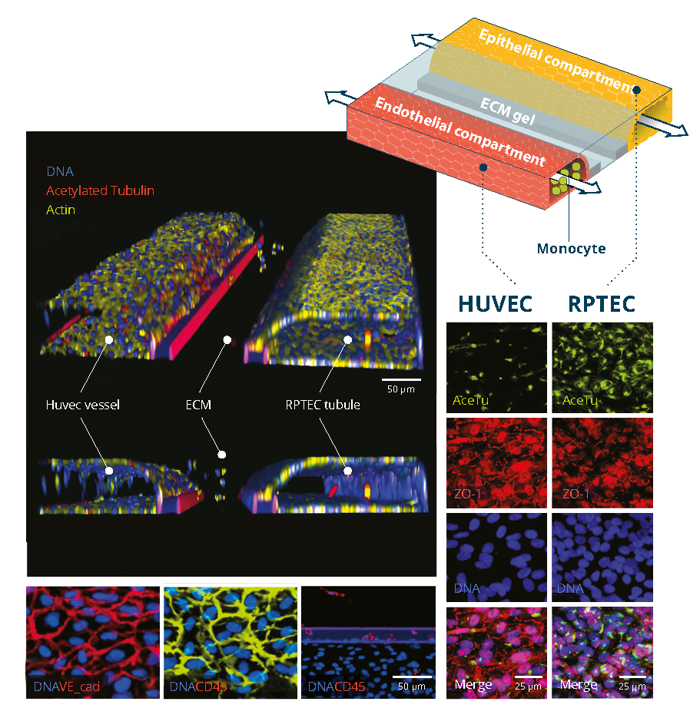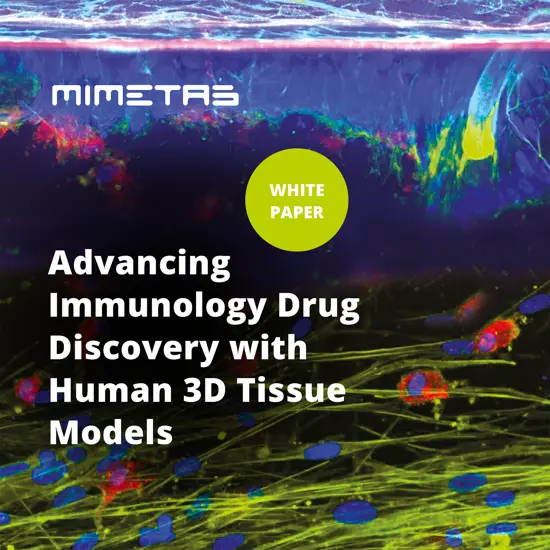Immunology Drug Discovery
Advancing Immunology Drug Discovery with 3D Tissue Models
 The Need for Predictive Models
The Need for Predictive Models
Developing effective immunology therapies is challenging, with less than 20% of investigational drugs successfully reaching the market. Traditional models, such as animal studies and 2D cell cultures, often fail to accurately replicate human immune responses, leading to high clinical trial failure rates, increased costs, and prolonged development timelines.
MIMETAS addresses these challenges by offering advanced 3D human tissue models that closely mimic human immune system interactions. These innovative platforms bridge the gap between preclinical research and clinical success, enabling researchers to better understand disease mechanisms and evaluate therapies with enhanced precision.





